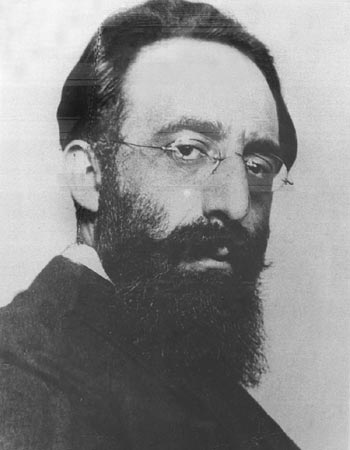Prelude
The Zionism was a political and ideological movement that emerged in the late 19th century with the aim of establishing a Jewish homeland in Palestine, then part of the Ottoman Empire. Here is an overview of the history of the Zionist movement:
Origins (Late 19th Century)
The term “Zionism” was coined by Austro-Hungarian journalist Nathan Birnbaum in the 1890s, but the ideas behind it had been brewing for some time.
The movement was a response to the widespread persecution and discrimination faced by Jews in Europe, particularly in Eastern Europe and Russia.

Theodor Herzl and the First Zionist Congress (1897)
Theodor Herzl, an Austro-Hungarian journalist, is considered the father of modern political Zionism.
In 1897, Herzl convened the First Zionist Congress in Basel, Switzerland. It aimed to establish a Jewish homeland in Palestine and created the World Zionist Organization (WZO) to further this goal.
Early Settlements (Late 19th – Early 20th Century)
Jewish immigrants began to settle in Palestine, primarily motivated by religious and nationalist sentiments.
The First Aliyah (wave of Jewish immigration) occurred from 1881 to 1903, mainly from Russia.
British Mandate (1917-1948)
During World War I, the British issued the Balfour Declaration in 1917, expressing support for the establishment of a “national home for the Jewish people” in Palestine.
After the war, the League of Nations granted Britain the mandate to administer Palestine, with the expectation that they would facilitate the establishment of a Jewish homeland.
Arab-Jewish Conflicts
The increasing Jewish immigration and land purchases led to tensions with the Arab population, resulting in a series of violent clashes.
Second World War and Holocaust (1939-1945)
The horrors of the Holocaust intensified international sympathy for Jewish refugees and provided a significant impetus for the Zionist cause.
UN Partition Plan (1947)
In 1947, the United Nations proposed a partition plan for Palestine, which would create separate Jewish and Arab states, with Jerusalem under international administration.
The Jewish leadership accepted the plan, but it was rejected by the Arab leaders.
Declaration of the State of Israel (1948)
On May 14, 1948, David Ben-Gurion, the head of the Jewish Agency, declared the establishment of the State of Israel. This led to the Arab-Israeli War.
Post-Independence Era
Israel’s establishment marked a turning point in the history of the Zionist movement. The new state faced immediate challenges, including waves of immigration, wars, and the absorption of Holocaust survivors.
Continued Immigration and State Building
Over the decades, Israel absorbed millions of Jewish immigrants from around the world, contributing to its cultural diversity and development.
Peace Process and Contemporary Issues
The Israeli-Arab conflict and the pursuit of peace agreements with neighboring countries continue to shape Israel’s politics and international relations.
The Zionist movement, through various stages, achieved its primary goal with the establishment of the State of Israel in 1948. However, the complexities of the region persist, and the movement’s legacy is still a subject of discussion and debate in the contemporary world.



